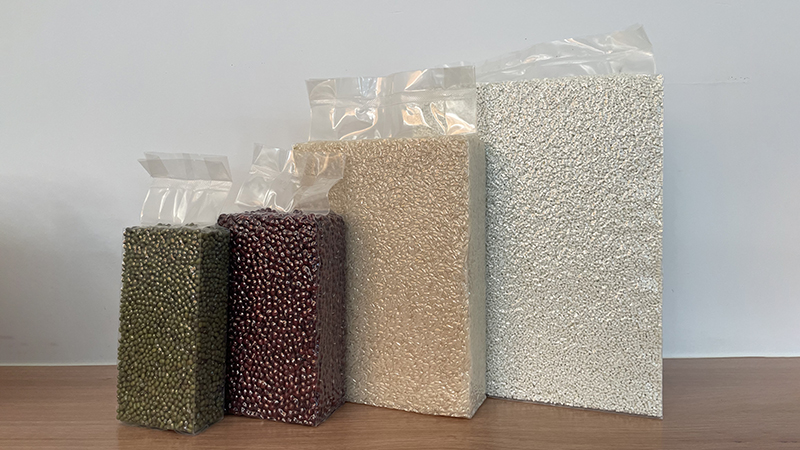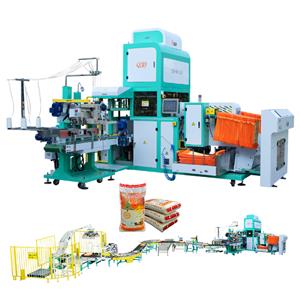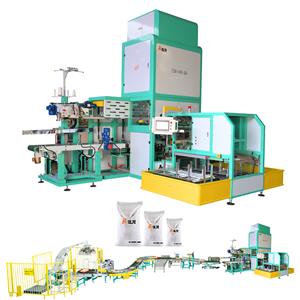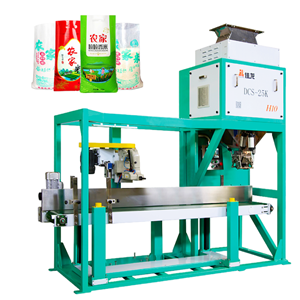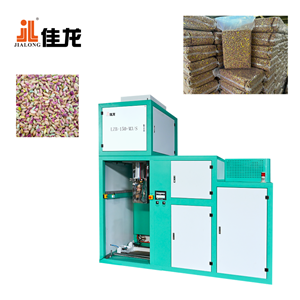Au-delà de la fraîcheur : comment l'emballage sous vide crée un « fossé » autour de votre marque alimentaire
In the hyper-competitive food industry, freshness is the price of entry. True market leadership is built on strategic advantages. Discover how the right packaging becomes your brand's greatest asset.
The modern consumer's path to purchase is complex. They navigate crowded shelves and endless online listings, seeking products that offer more than just basic sustenance. They are looking for signals of quality, indicators of freshness, and brands they can trust. For producers of everything from staple foods like rice and sugar to premium items like artisan cheeses and cured meats, this raises a critical question: How do you build a lasting competitive advantage—a dddhhhmoatdddhhh—around your brand?
While product formulation is key, many brands overlook the strategic power of their packaging. We will explore how one technology, vacuum packaging, has evolved from a simple preservation method into a cornerstone of modern food brand strategy.
The tight, firm, and transparent nature of a vacuum pack instantly signals freshness and quality. A vacuum-sealed block of cashew nuts or a perfectly shaped bag of organic quinoa inherently looks more valuable than a product in a loose, air-filled bag. This enhanced perceived value allows brands to position themselves in a premium tier and command a higher price point, directly boosting profitability.
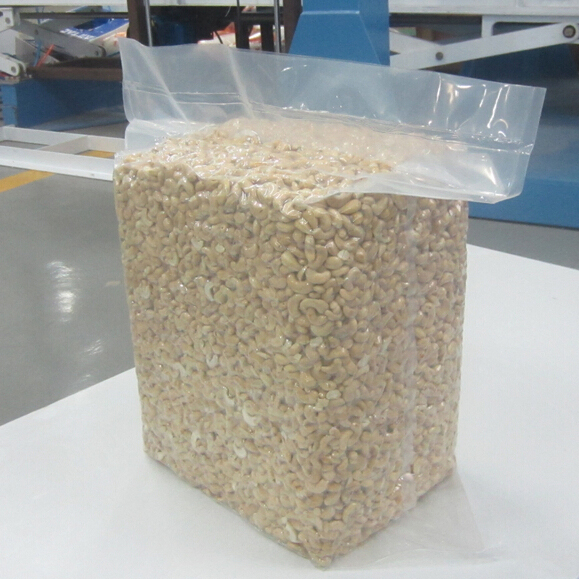
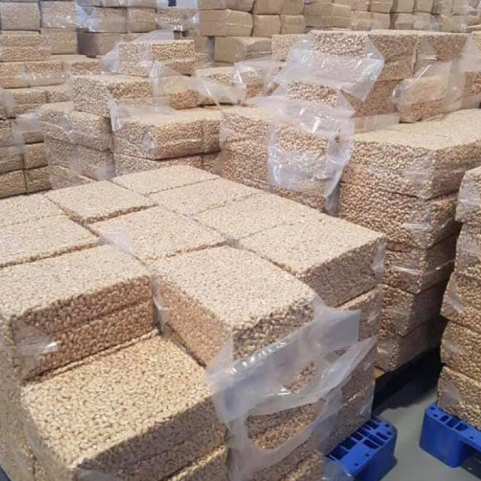
Spoilage is a massive cost center in the food industry. By extending the shelf life of products like fresh pasta, meats, and baked goods by up to 5 times, vacuum packaging dramatically reduces losses due to expiration. This contributes to global efforts in food waste reduction and protects your inventory, ensuring a more resilient and sustainable supply chain.
Consistency is the bedrock of trust. When a customer knows that every time they buy your coffee beans, they will be as aromatic and flavorful as the last, they become a loyal advocate for your brand. Vacuum sealing guarantees this consistency, eliminating the risk of a customer having a bad experience with a stale or oxidized product and solidifying your reputation for quality.
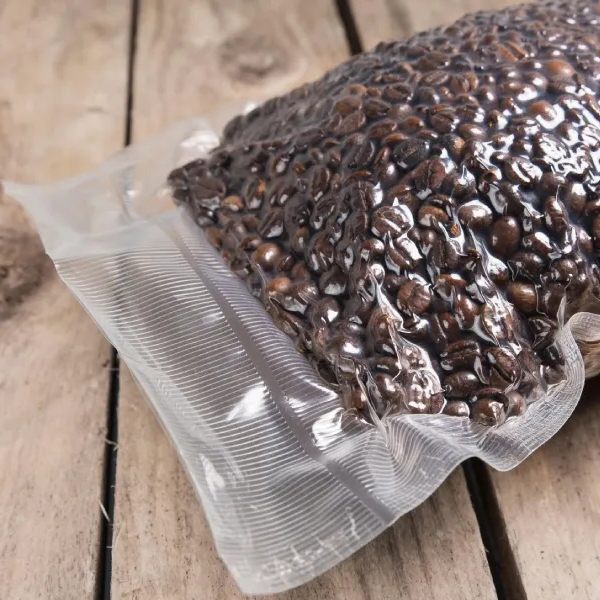
The incredible value delivered by vacuum packaging is rooted in simple yet powerful scientific principles. The primary function is deoxygenation—removing the oxygen that fuels the growth of aerobic microorganisms (like mold) and drives oxidative spoilage in products like spices, dried fruits, and nuts. For even more sensitive products, this process can be augmented with Modified Atmosphere Packaging (MAP), where the space is back-filled with an inert gas like nitrogen to further protect fragile items.
Implementing this strategy requires a partnership with experts in automated packaging technology who can provide robust, efficient systems. These platforms turn scientific principles into tangible market advantages.
- machine d'emballage sous vide
- Machine d'emballage sous vide semi-automatique
- Machine d'emballage sous vide automatique
- Machine d'emballage sous vide manuelle
- Machine d'ensachage de grain
- Ensacheuse semi-automatique de grain
- Machine à ensacher automatique de grain
- Nourrit la machine à ensacher
- Machine d'ensachage d'alimentation automatique
- Ensacheuse semi-automatique d'aliments

